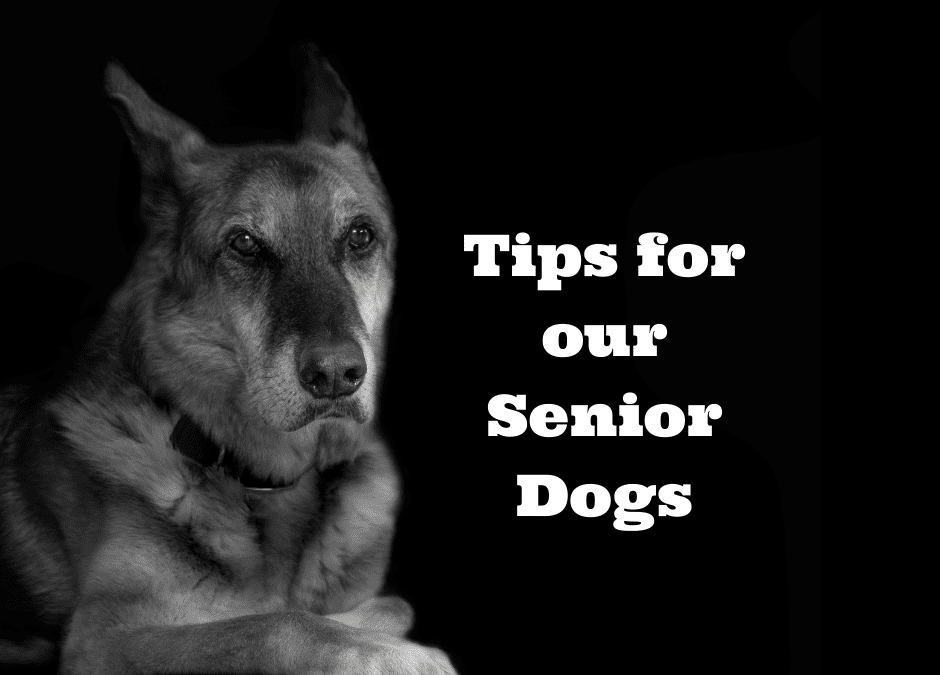At around seven years of age, dogs enter into their senior years. This means that they may start to show signs of aging from this age. For example, they may start to gain weight more easily, become disorientated and/or be a bit moodier.
Although they may be getting a bit slower, they will still need exercise and mental stimulation throughout the day but may have failing hearing or poor sight so may need extra support or considerations.
Senior dogs use less energy, so need a lower calorie diet to help prevent ‘middle-aged spread’, without reducing the basic nutrients. Senior recipes, like our Turkey with Cranberry recipe, for example, tend to have a joint care pack included in the ingredients but also have a higher fibre content (to ‘keep things moving’).
Tips:
- If you have more than one dog in the house it may be best to feed your more senior dog(s) first so that they are not having to compete with the rest of the pack (and possibly miss out on a fair share of the dinner)
- Look at the possibility of adding a supplement (speak to your vet who will be able to advise what your dog may need)
- If mobility is an issue, look at possibly raising the food bowl or using a ramp to get in and out of the car.
- Keep an eye on the length of their nails – less time on walks can result in longer nails
- Be gentle with the brushing – paying attention to new lumps and bumps
- Keeping your younger dog fit and healthy will help in the long term as excess weight will be additional pressure on your dog’s mobility as they get older.
If you feel that your dog is ageing too fast or you have any concerns, speak to your vet to rule out any underlying issues.

